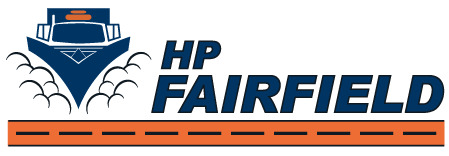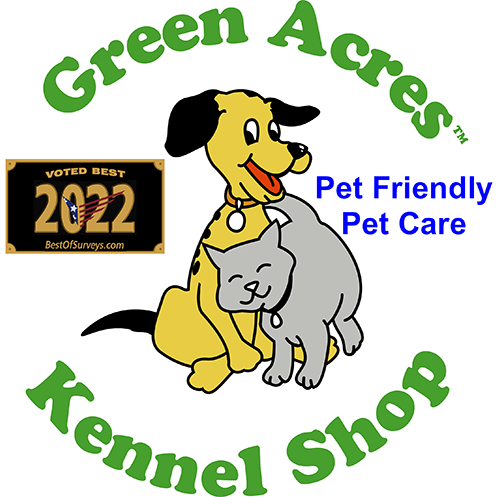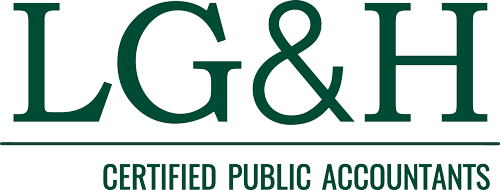How to Choose the Right Keywords

If you’re like most people in the modern world, you regularly use search engines to find answers to questions you have. The terms you use to search for this information are known as keywords. Although you may not think so, they can be your website’s greatest asset when it comes to search engine optimization.
You may think that if you write down a list of words and phrases related to your product or service, that it would be sufficient. The truth is, although it could work, you may not rank as high in search engine results as you’d like to with just these keywords. To select the best keywords, you’ll need to put yourself in a potential customer’s shoes.
Consider the following questions as you select keywords for your website:
- What terms do people search for?
- How many people search for these terms?
- What format do visitors to your website want to receive information in?
- How difficult will it be to rank for that search query?
To best answer these questions, you need to conduct keyword research.
How do I conduct keyword research?
Although keyword research may seem like a daunting task, it doesn’t have to be. This type of research helps you understand what topics interest potential customers. With this knowledge, you can create content that answers your visitors’ questions while still ranking highly in search engines.
Here are three steps to conducting keyword research:
1. Consider Your Customers
Like all of your marketing efforts, keyword research should center around your customers’ needs and the products or services you offer to meet them. To better understand your customers and their goals, you may want to create a buyer persona. This is a representation of your ideal customer based on the information you collect from your data and other sources.
A buyer persona can be used for any marketing effort. If you already have one, then you can use that information in your keyword research. Think about the person the buyer persona represents’ interests, goals, and challenges. Then, consider the type of language they use to search for information about your product or service in a search engine. The more your keywords sound like how your potential customers talk, the more likely you are to be found on a search engine.
2. Pick a Topic
You know what products and services you offer, but do you know what topics are relevant to your business? For example, if you own a car dealership, one relevant topic would be “buying a car.” This is a relevant topic potential customers will search for online.
However, this topic is quite broad and will have many subtopics under it, like the types of cars you sell or financing cars. With this in mind, you should create a list of relevant topics to your business. Then, narrow it down to the topic that is most relevant to your business.
3. Look at the Data
Like all of your marketing efforts, your keyword research should be based on real-world data. The best way to choose keywords is to consider which ones are already being used and how frequently. Tools like Google Keyword Planner use real-world search engine data to compile lists of keywords people use to search for products and services online. If you have an account with this service or others like it, use it to find queries related to your chosen topic.
You can also use this tool to see the monthly search volume and competition for each keyword you wish to use. Monthly search volume is the number of times a particular keyword is entered into a search engine per month. Competition refers to how difficult it will be for you to rank for a keyword. Both of these pieces of information can help you make the best possible keyword selections for your goals.
I’ve Done Keyword Research, Now What?
Once you complete your keyword research, you can compile a list of keywords for your website. If you look at your list of keywords and still don’t feel confident that your website can rank well with them, we can help. Contact Links Web Design for a free consultation today!
Links Web Design is a Search Engine Marketing Agency in Bangor, ME, and Fruitland Park, FL.









